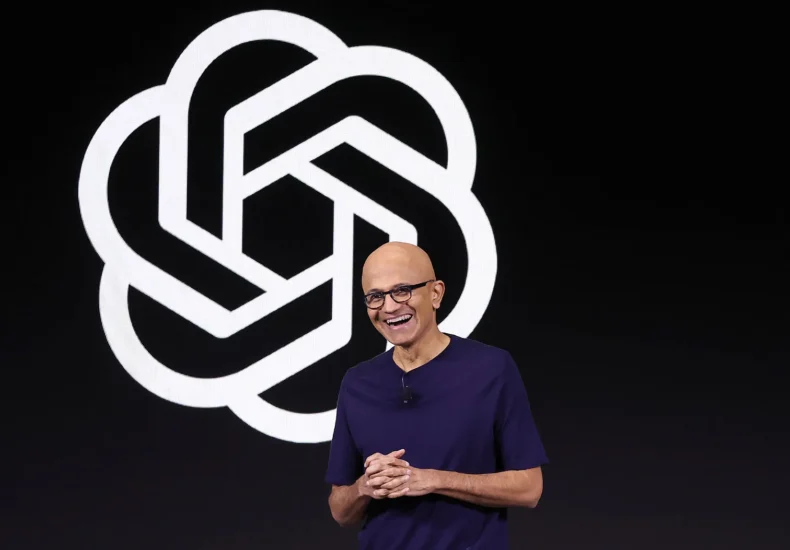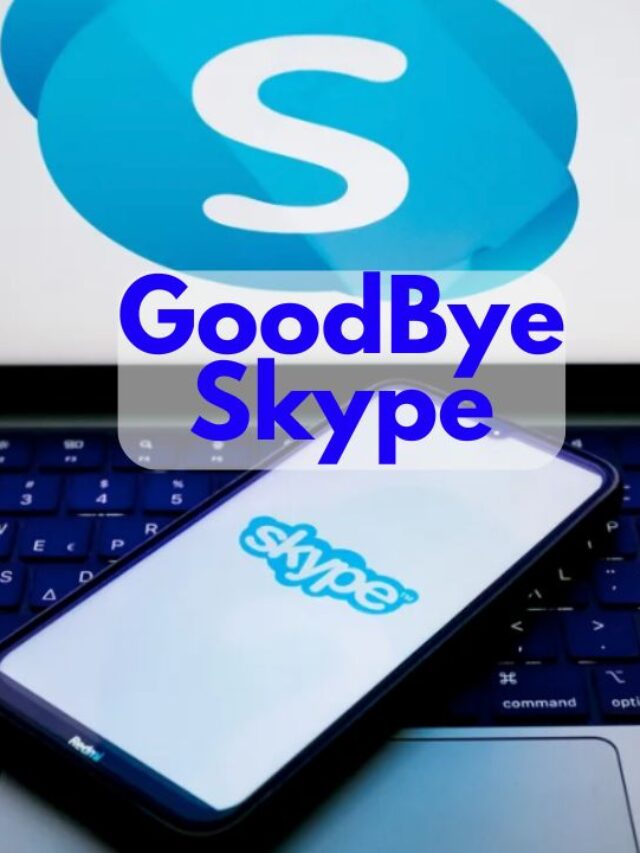
Microsoft’s AI Power Play: A Rival to OpenAI in the Making?
Microsoft is doubling down on artificial intelligence (AI), reportedly accelerating its in-house AI research and development to compete more directly with OpenAI. While the tech giant has been a major investor and partner in OpenAI’s groundbreaking work, recent reports suggest that Microsoft is building its own AI reasoning models to reduce dependency and strengthen its leadership in the AI space.
As AI becomes the cornerstone of modern technology, Microsoft’s strategic pivot raises several questions: What does this mean for AI competition? How will it impact businesses and consumers? And will Microsoft’s own AI models match or surpass OpenAI’s innovations?
Microsoft’s AI Expansion: What’s Happening?
According to insider reports, Microsoft has been developing a set of AI reasoning models known as “MAI” (Microsoft AI). These models are designed to provide high-performance reasoning capabilities, similar to OpenAI’s ChatGPT and Anthropic’s Claude.
Key Developments:
✅ In-House AI Models – Microsoft is testing its own AI reasoning models to power tools like Microsoft 365 Copilot.
✅ Potential API Launch – By the end of 2025, Microsoft may offer its AI models as APIs for developers, reducing reliance on OpenAI.
✅ Strategic Independence – This move ensures Microsoft remains at the forefront of AI, without relying solely on external AI providers.

Microsoft’s AI Power Play: A Rival to OpenAI in the Making?
Why Is Microsoft Competing with OpenAI?
While Microsoft and OpenAI have enjoyed a strong partnership, the increasing demand for AI-driven tools means that Microsoft must explore self-reliant solutions. Here’s why:
🔹 Cost Efficiency – Operating its own AI models lowers expenses compared to licensing OpenAI’s technology.
🔹 Better Control – Microsoft can optimize AI for its ecosystem (Windows, Azure, and Office) without restrictions.
🔹 AI Market Leadership – Competing with OpenAI positions Microsoft as an independent AI innovator, not just a partner.
Challenges Microsoft Faces in AI Competition
While building AI models in-house offers many advantages, it comes with significant hurdles:
- Resource-Intensive Development – AI research requires massive computational power and investment.
- Market Trust – OpenAI has built a strong reputation in AI, making it tough for Microsoft to shift users away.
- Regulatory Concerns – AI governance and ethical AI usage are major concerns that Microsoft must address.
Larry Page’s Secret AI Startup: The Next Tech Revolution Unveiled?
What This Means for the Future of AI
Microsoft’s efforts suggest that AI competition will intensify in the coming years. If Microsoft successfully launches its own models, it could:
🚀 Lower AI costs for businesses and developers.
🚀 Provide tailored AI tools optimized for Microsoft’s ecosystem.
🚀 Challenge OpenAI and others in the AI market, leading to faster innovations.
Final Thoughts: A New Era of AI Competition
Microsoft’s ramped-up AI efforts mark a strategic shift in the tech industry. While the company remains a key investor in OpenAI, its independent AI initiatives signal a future where multiple AI giants compete to shape the next wave of innovation. Whether this move results in stronger AI applications or a fragmented AI ecosystem remains to be seen.
MUST READ: The MacBook Air M4 Is Here! What You Need to Know
Apple’s New iPad Air M3: Is This the Best Tablet for 2025?
FAQ Section
❓ Why is Microsoft developing its own AI models?
Microsoft aims to reduce reliance on OpenAI, lower costs, and strengthen its control over AI-driven products.
❓ What are Microsoft’s AI reasoning models?
The company is developing AI reasoning models called “MAI”, designed for advanced AI tasks and potential integration with Microsoft services.
❓ How will this impact OpenAI?
While OpenAI remains a leader, Microsoft’s independent AI push could create competition and drive faster AI innovation.
❓ When will Microsoft release its AI models?
Reports suggest that Microsoft could offer its AI models as developer APIs by late 2025.
❓ How will this impact AI users?
More AI competition means better, more affordable AI tools for businesses and consumers.
You may also like
Archives
Calendar
| M | T | W | T | F | S | S |
|---|---|---|---|---|---|---|
| 1 | 2 | 3 | 4 | |||
| 5 | 6 | 7 | 8 | 9 | 10 | 11 |
| 12 | 13 | 14 | 15 | 16 | 17 | 18 |
| 19 | 20 | 21 | 22 | 23 | 24 | 25 |
| 26 | 27 | 28 | 29 | 30 | 31 | |
















Leave a Reply